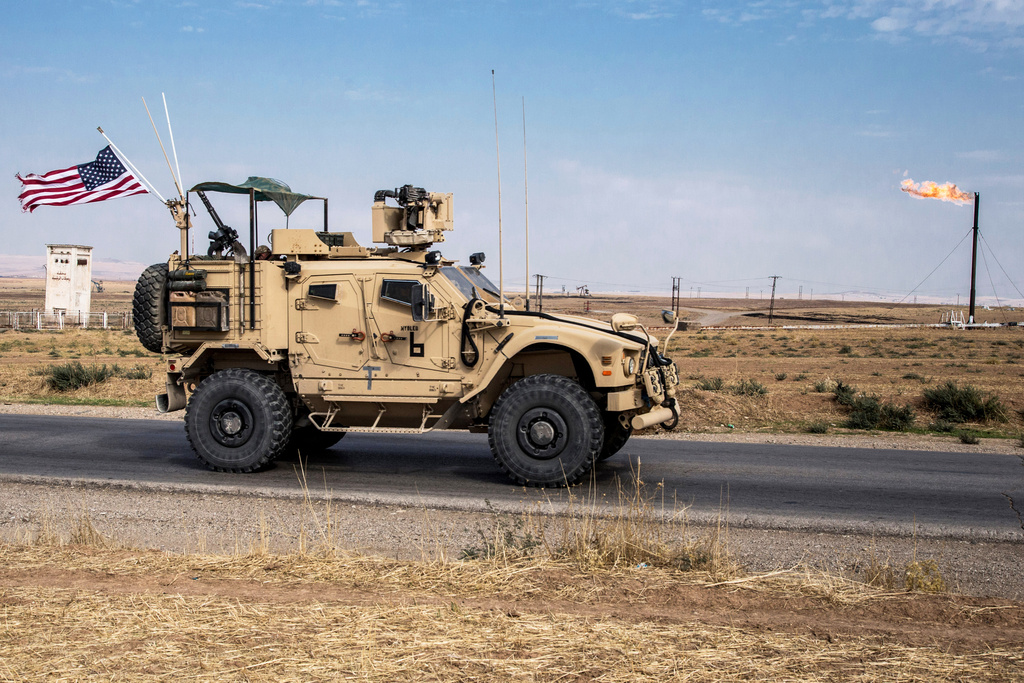The conflict in Iraq worsens by the day as an emboldened ISIS wreaks havoc in the country's north and blame for the violence runs rampant among the leaders in Baghdad. The latest concerns surround major oil refineries in Baquba and Baiji.
NIC ROBERTSON, CNN CORRESPONDENT: "They took the town, they closed off around the oil refinery, and now they are attacking. ... If it falls into rebel hands here, that will be a very significant blow for the government here."
This is video near Baiji. Advance of ISIS into critical positions within Iraq went nearly uncontested in many northern cities as thousands of soldiers in the Iraqi army fled their posts. (Via Sky News)
Pressure now continues to mount on the Shiite-led Iraqi government and Prime Minister Nouri al-Maliki, now widely criticized for contributing to Sunni-Shiite sectarianism.
Some media outlets report the Sunni Islamist militants in ISIS have advanced far more because of a government that's ostracized much of its population than any military prowess by the Sunnis. (Via YouTube / Nasrun min Allah)
The BBC writes, "Its strength stems not only from the weakness of the Iraqi state, but also from the communal and social cleavages that are tearing society apart."
The Iraqi Air Force has bombed ISIS, and Iraq's leaders say they'll accept any intervention from the U.S. military, but President Obama has indicated Maliki must show more inclusiveness for Sunnis before the U.S. will intervene. (Via BBC, Press TV)
During a round of media interviews on major cable networks Tuesday night, former secretary of state and presumed 2016 presidential candidate Hillary Clinton blasted Maliki's government. (Via Fox News)
CLINTON: "That is a recipe for continuing instability, and if there's going to be a real stand against these extremists who are worse than is even being reported ... then there has to be a different government." (Via Fox News)
The Washington Post reports late Tuesday night, both Sunni and Shiite leaders met to ease tensions. A statement released after the meeting said both sides agreed to "an end to sectarian hate speech, a ban on the carrying of weapons on the street by civilians and a 'review' of unspecified political practices in the past."
It's unclear whether that agreement will be enough to satisfy the Obama administration or Sunnis in Iraq, as leaders have tried similar tactics before.
Baquba, where one of the major oil refineries is under attack, is less than 40 miles from Baghdad. The U.S. sent approximately 275 soldiers to the city early this week to protect the American Embassy. (Via Euronews)











